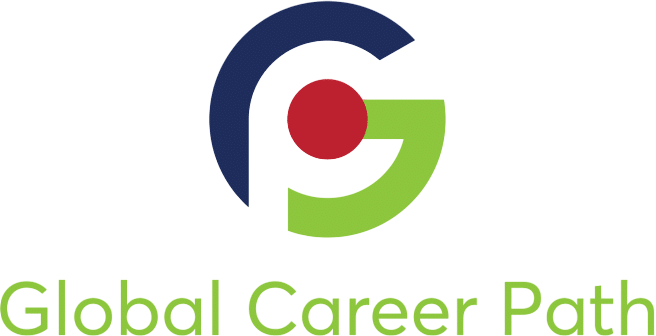How AI is Transforming Vocational Study Abroad
1. AI – The New Technological Wave Shaping Global Vocational Education
In just a few years, Artificial Intelligence (AI) has shifted from an experimental technology to a powerful tool reshaping how we learn, work, and plan for the future.
Vocational study abroad—traditionally focused on practical skills—is also experiencing significant disruption from AI.
The key question: Will AI be an opportunity or a challenge for students choosing this path?
2. How AI is Changing Vocational Training
-
3D Simulation & Virtual Reality (VR) Learning: Students in fields such as mechanics, electrical engineering, or nursing can practice on virtual models before working with real equipment—reducing risks and cutting costs.
-
Personalized Learning Pathways (Adaptive Learning): AI analyzes each learner’s strengths and weaknesses to recommend tailored curricula, accelerating learning outcomes.
-
Soft Skills Training with AI: Chatbots and virtual assistants simulate customers or patients, enabling learners to practice communication and problem-solving.
3. AI in Career Choice & Guidance
-
Labor Market Data Analysis: AI aggregates insights from sources such as Job Bank (Canada), Skills Priority List (Australia), and Bundesagentur für Arbeit (Germany) to forecast workforce demands over the next 5–10 years.
-
Personalized Career Recommendations: AI compares students’ skills, strengths, and language proficiency with industry requirements to suggest optimal study pathways.
-
Integration of Immigration & Salary Data: Provides learners with a clear picture of potential study–work–migration pathways from the very beginning.
4. AI in Job Hunting After Graduation
-
AI-Enhanced CVs & Cover Letters: Optimized wording aligned with employer requirements.
-
Mock Interviews: AI simulates recruiters to help students practice responses to challenging questions.
-
Global Job Matching: AI scans international job portals and alerts candidates to relevant opportunities.
5. Challenges AI Brings to Vocational Careers
-
High Automation Risk: Roles such as entry-level accounting, customer service, and data entry.
-
Rapid Skill Obsolescence: McKinsey predicts that 50% of the global workforce will need reskilling within the next 5 years due to AI and automation.
-
Fierce Competition: Workers now compete not only with other humans but also with AI systems.
6. Leveraging AI for Success in Vocational Study Abroad
-
Students: Alongside vocational skills, build digital literacy and adaptability to technology.
-
Parents: Use AI tools to track progress and support at-home study.
-
Consulting Centers: Integrate AI into student profiling and career guidance to enhance accuracy.
7. Top 10 Vocational Fields Most Impacted by AI (2024–2033)
| Field | AI Impact Level | Job Outlook | Notes |
|---|---|---|---|
| IT – Software Development | High | Growing | AI assists coding, but AI-savvy programmers remain in high demand |
| Graphic Design | High | Slight Growth | Competes with AI image generation; creative innovation is key |
| Accounting & Basic Finance | Very High | Declining | Automation strong; shift toward advanced financial analysis |
| Customer Service | Very High | Declining | Chatbots replace much of repetitive work |
| Mechanical Engineering | Medium | Growing | AI aids design & maintenance, but hands-on skills remain essential |
| Nursing & Healthcare | Low | Strong Growth | AI supports diagnosis; human care still central |
| Logistics & Supply Chain Mgmt | Medium | Strong Growth | AI optimizes operations; demand for analytical skills rising |
| Digital Marketing | High | Growing | AI generates content, but strategy & creativity are still crucial |
| Renewable Energy | Low | Strong Growth | AI supports forecasting & system maintenance |
| Automotive & EV Technology | Medium | Strong Growth | AI integration requires technicians skilled in both hardware & software |
(Source: McKinsey Global Institute, OECD Skills Outlook, Government reports from Canada/Australia/Germany)
AI is rapidly transforming vocational study abroad—redefining how students learn, choose their fields, and find jobs. Rather than fearing disruption, students and parents should view AI as a powerful companion that enables smarter decisions and maximizes future career opportunities worldwide.






Description: